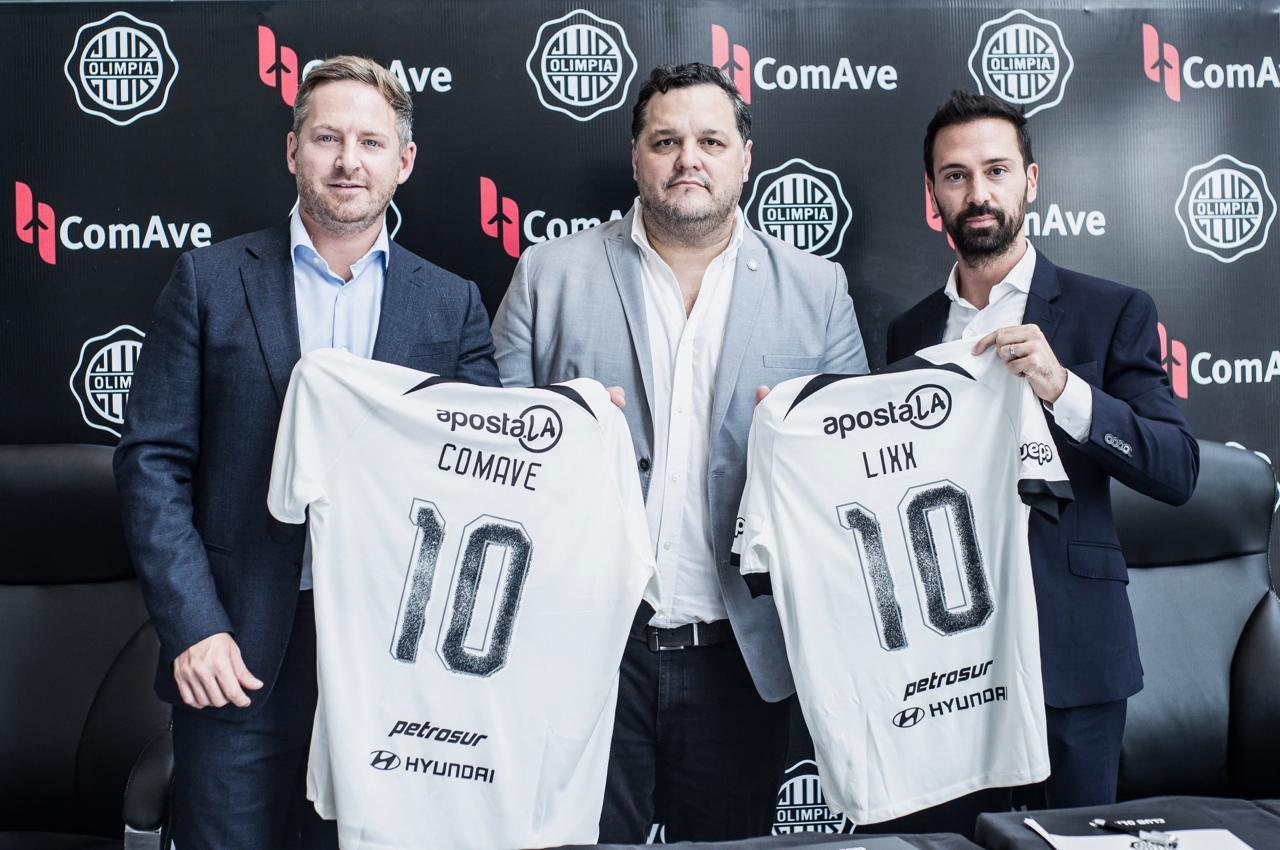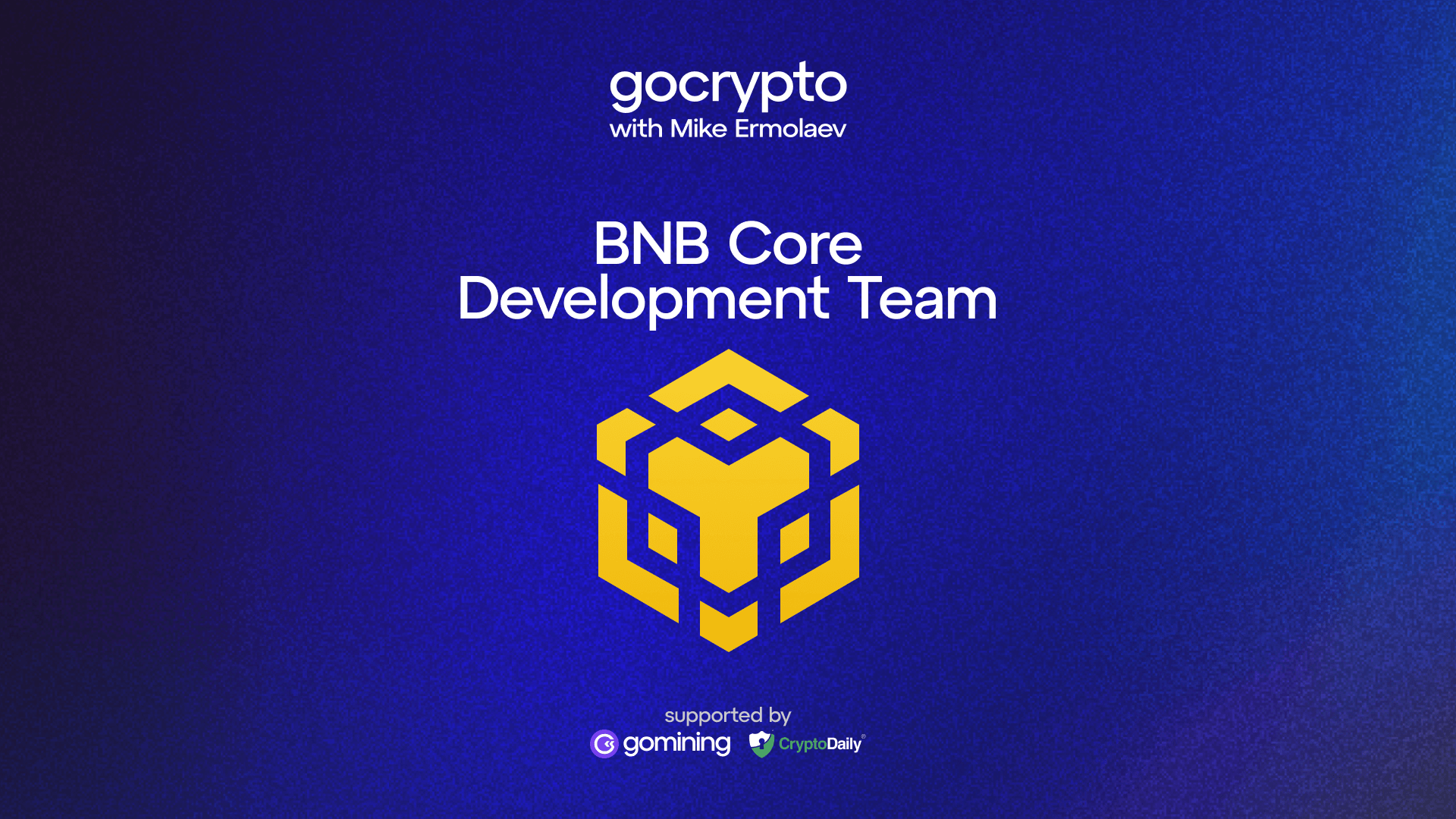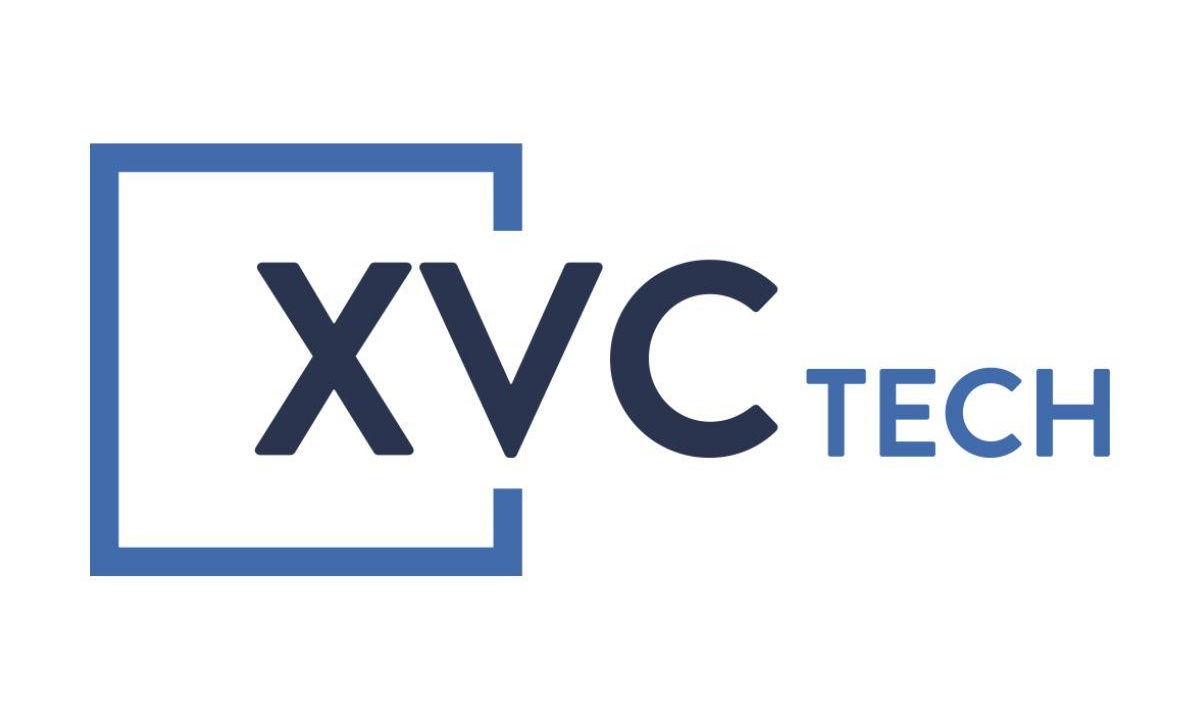Image source: YARD Hub
“...People need to be gently introduced to Web3 and guided around its abilities and power. In this sense, phygital and Web 2.5 are reasonable steps on the way to full-scale adoption.”, he said
The Web3 industry has continued to make significant progress. More brands are trooping into this bright future, and many projects are being created, launched, or established. One such Web3 project already established is YARD Hub.
YARD Hub is a Web3 venture studio that facilitates the simultaneous creation of various Web3 startups. It further turns other entrepreneurs' or companies’ ideas into ventures by providing funds for these projects. As a venture studio, YARD Hub can quickly develop and test a product to see if it fits the market needs. It then scales this product if it passes the test and discards it if it does not.
Although YARD Hub is only two years down the line, it has already significantly impacted the Web3 industry. It has contributed immensely to creating, developing, and establishing successful Web3 ventures like DeepMine, Petobots, and CryptoAlma.
Well, the success of YARD Hub is tied to the brain and genius behind such a unique project, and he is no other than Yarosla Shakula. Yaroslav is a Web3 evangelist and serial entrepreneur who started his entrepreneurship journey very young. His passion for Web3 led to the creation of YARD Hub, where he hopes to contribute to the growth and revolution of the Web3 industry.
He has participated in award-winning projects, launched multi-million dollar ventures, and has continued to show interest in collaborations or partnerships with individuals or companies with ideas to push the industry further.
Yaroslav’s wisdom and immense contribution cannot be overemphasized. To further learn from him, we sat down with him and had some mindblowing conversations on the future of Web3, AI in Web3, the new Web2.5, and more.
Hey Yaroslav, it’s a pleasure to have you here. Please tell us more about yourself and what your journey to becoming a serial entrepreneur has been like.
I was born and grew up in Ukraine, where I completed my education as an interpreter and worked on copywriting for global brands. My journey into entrepreneurship encompassed ventures in affiliate marketing, AI, and e-commerce, but Web3 eventually captured my primary interest. Driven by a passion for discovering fresh concepts and developing products around them, I founded YARD Hub — a Web3-focused venture studio.
You have always believed in a Web3-powered future, and your passion for the industry led to the creation and establishment of YARD Hub. Please shed more light on what YARD Hub is all about, the work done there, and how it contributes to the growth of the Web3 industry.
As a Web3 venture studio, we simultaneously cultivate multiple Web3 startups with the assistance of our dedicated in-house team of entrepreneurs. The advantage of being a venture studio lies in our ability to rapidly develop, test, and either scale or discard projects based on their product-market fit. Currently, we have ventures in various Web3 domains, including two blockchain gaming projects — DeepMine and Petobots; the learn-to-earn educational platform CryptoAlma; an NFT-based car rental service; and a white-label crypto wallet solution.
As a venture studio, YARD Hub focuses on helping startups launch their Web3 projects as well as granting users access to the best products in the industry. Could you further talk about the roles of venture studios in building the Web3 space and how it differs from accelerators and incubators even though they all have similar models?
I define a venture studio as an organization fully dedicated to systematically creating new ventures from scratch. Unlike accelerators or incubators, venture studios do not accept startups or external projects. Venture studios draw business ideas from their own network of resources and assign internal teams to develop them.
Let’s face it: most startups are likely to fail, while startups launched by venture studios are 30% more efficient. Venture studios help streamline the process of startup creation and mitigate the causes of key startup failures.
In the Web3 space, venture studios and their portfolio projects are a safer bet for VCs to join Web3.
The Web3 industry has surged in the past few years and has been massively adopted by brands like Starbucks, Nike, and Porsche. However, these brands have yet to determine the best ways to adopt this technology to satisfy their customers’ needs and ensure a good experience. What do you think is the best way for them to go about this? Do you also think they should embrace DAOs? And why?
Big consumer brands have started to engage more actively with Web3 indeed, but it’s not that there’s some bulletproof “best way” to go Web3.
Nike and Adidas chose to consistently build their VR and metaverse experiences over several years, along with growing their Web3 communities, while Porsche decided not to go for a full-scale Web3 marketing campaign. This is not to say their NFT collection failed, I personally own several of their NFTs, but what I mean is different brands stick to different approaches to using Web3.
Creating customer DAOs seems a really viable option for consumer brands in building their community the Web3 way. I believe Web3 will be about customers directly shaping brands' future. Brands will incentivize customers with tokens and NFT rewards, effectively categorizing their clientele based on loyalty and engagement. Customers will play an active role in determining the appearance and nature of upcoming products. This collaborative approach fulfills the aspirations of both brands and consumers.
There is a recent jump from NFTs to Web2.5 or what most call Phygital, and brands like Nike and Porsche are already exploring this route to increase customers’ engagement and meet their needs. What are your thoughts on it, and do you think it will overshadow NFTs?
I think phygital and Web 2.5 are some sort of intermediary stops on the way to Web3. Web3 involves a few new concepts, and people need to get seamlessly onboarded to it.
The emergence of Web3 is kind of similar to what we had with the internet around 1997: everyone’s heard of that, and quite a number of people have tried using it, but years will pass before it becomes a totally common thing. Same with Web3: mass adoption won’t happen overnight, but big brands embracing all this make a nice start.
When people start using NFTs first without knowing these are blockchain transactions (i.e., Starbucks loyalty program), small steps like this contribute to Web3 adoption.
People need to be gently introduced to Web3 and guided around its abilities and power. In this sense, as I said, phygital and Web 2.5 are reasonable steps on the way to full-scale adoption.
The increased AI hype has led to an attention shift from Web3. Do you think AI will last a long time, and in what ways do you think Web3 will integrate AI to increase the industry’s capacities further?
What has recently been called AI, in fact, relates to machine learning and large language models (LLMs). Web3, in its turn, is often confused with crypto, which is not correct.
Web3 is an interface that allows users to interact with data and other parties through blockchain and decentralized apps, and as such, it might include AI but doesn’t necessarily imply it. Web3 puts a huge focus on the input, support, and engagement from the community to help foster a sense of ownership and investment in the success of the project. From a set of clients, the community transforms into a “customer parliament” that can directly shape brands' future.
In YARD Hub, we focus on creating projects that have a very particular Web3 angle as we believe in the future driven by the mass adoption of Web3. We surely use ChatGPT in our everyday tasks, just like other builders. But Web3 and AI are two different areas of technology, and their mutual integration isn’t a must. Both technologies are big enough to influence our everyday life.
Disclaimer: This article is provided for informational purposes only. It is not offered or intended to be used as legal, tax, investment, financial, or other advice.
Investment Disclaimer













